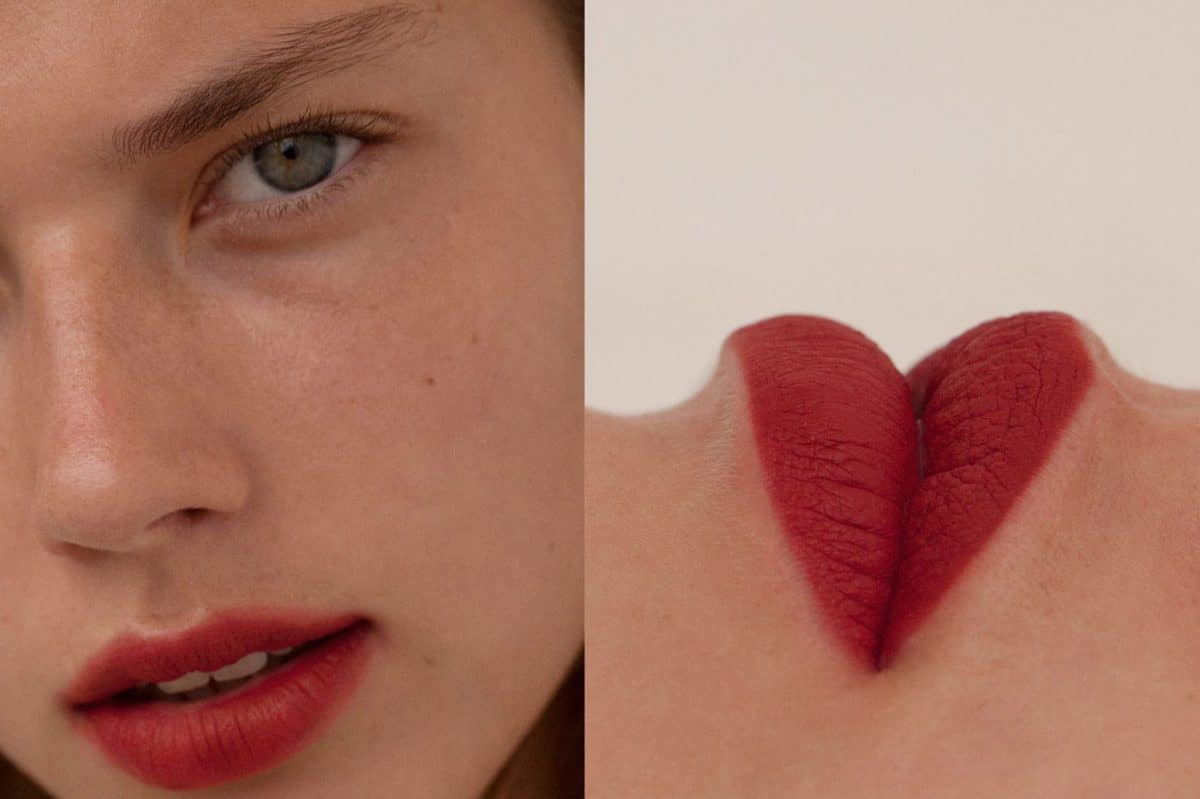
I’ve been thinking a lot about Pamela Anderson and her decision to go makeup free during Paris Fashion Week. The entire thing was chronicled by Vogue France – there’s an Instagram reel that currently has 13 million views. There’s also thousands of comments, the majority of them overwhelmingly positive.
My first observation after watching it was her loveliness. My second was the fact that she looked like a real human and not a glossy famous one — she showed off visible lines, blonde lashes, a halo of frizz. Pamela was undeniably beautiful, but she appeared somewhat ‘normal’.
It initially struck me as refreshing; a 56 year old woman free from the shackles of normative beauty standards. It was also very much at odds with her long standing career as a very desirable woman; the pinnacle of sexiness. But the more I push into the discourse around it, the deeper and more muddled my thoughts became. Is she brave? A pioneer? Or a smart woman who knows what’s good for her brand at this point in time? Or is it both? My guess is the latter.
Pamela told us she went bare faced because she didn’t care about being the “prettiest girl in the room”. If you asked me why people – predominantly women – wear makeup, my immediate answer would be similar: to look good.
But what do we mean by good, and who do we want to perceive us as so? And why is it considered so incredible when a woman in the public eye consciously chooses to show off her bare face?
Admittedly Pamela is not the first to do it. Alicia Keys penned a public letter about her disillusions surrounding beauty ideals back in 2016. She’s been predominantly makeup-free ever since. Kim Kardashian also made it known that she attended a 2016 Balenciaga show in Paris wearing nothing on her face but moisturiser. The reception was nowhere near as positive as it was for Pamela, but then again it never is where the Kardashian-Jenner family is concerned.
In the aforementioned video, the Baywatch star also talked us through how the now-viral situation unfolded. She's older, happier, more confident in herself — she was also dressed in vintage Vivienne Westwood, an outfit so beautiful she 'didn't want to compete' with it. And then she speaks about a sense of responsibility she feels to women, and to serve as social proof that relentlessly chasing youth and traditional markers of 'beauty' will only lead to disappointment. There's a lot of value in that message, and she's fundamentally right. I applaud her for it. But her conventional good looks (long blonde hair, button nose, clear skin, symmetrical smile) probably make that easier.
If you dig around the internet, it tells us that makeup first came about as a means to communicate social status. Egyptian Gods were shown to wear thick kohl and mineral blue eyeshadow. Ancient royals in Asia would decorate their faces with shapes and dyes. Like dress, it was a means of presentation; a way to tell others who you were and how you existed in the world without speaking. Things have changed a lot in recent years. The rise of social media has given us a warped view on what people look like. Makeup application has gotten so technical that it can be used to alter our facial structure (hi, contouring). And then there's no-makeup-makeup, a 'look' that involves products artfully applied so that the final product is your 'bare' face, only better. Whether this is a meaningless trend or dangerous is a topic up for debate.
I don't deny that beauty standards can be crippling. Even Pamela labelled it 'freedom' to find herself in a headspace where she was confident in her own skin. But she's also played the part of the 'bombshell' for her entire life, writing the blueprint for what society considers desirable, especially via the male gaze. There's definitely power in her rebellion, but it isn't the only way to be.
Interestingly, the media that applauds women like Pamela for going bare-faced is the same media that tells us how to look younger and more beautiful. There seems to be varying lanes: Do you love expressing yourself through makeup, do you use it to conceal, or are you so at peace that you can exist in the world without any enhancements? I don't like the school of thought that if we were truly happy in our own skin we wouldn't feel the need to change our face. I think it's unfair. I believe that some people do genuinely wear makeup for themselves, whether that's an aesthetic reason or the feeling that comes with it. For instance Pamela might be bare-faced, but she's in a custom designer outfit (one that clearly makes her feel good). Society is also geared to service 'pretty' people. It's proven those with attractive features on average earn more than others. To me, that also feels like a sad yet valid reason.
Whatever way you slice it, I think that Pamela is beautiful, considered and for the most part, authentic. Being professionally objectified for years and years can't be easy, and to see her the way she is right now feels warm (whether there's a PR agenda there or not). If she inspires other women to stop wearing makeup because they never really wanted to, that's also great. But a bare face isn't always brave. Looking the way you want to look is.
Images: @pamelaanderson, @pamelaanderson



